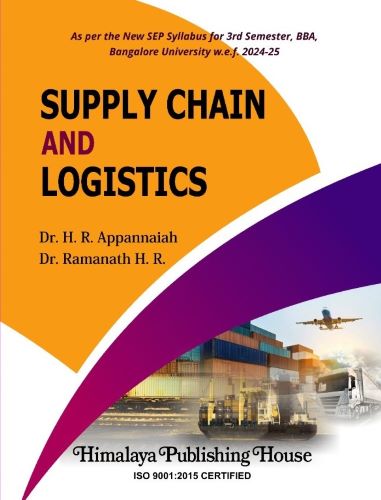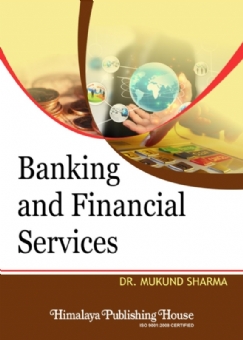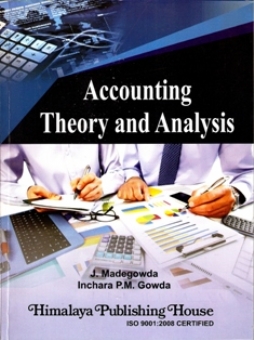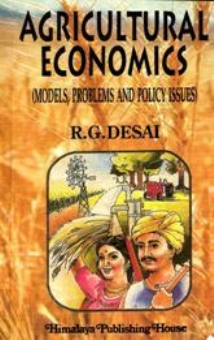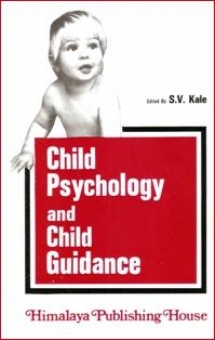Supply Chain and Logistics play a vital role in India’s growing economy. With increasing global trade, rising e-commerce, and expansion of manufacturing, the need for strong supply chain systems is greater than ever. Efficient logistics and supply chains help reduce costs, improve customer satisfaction, and support national growth.
Undergraduate students must understand the basics of supply chain and logistics. It helps them develop a practical view of how goods and services move from source to customer. This knowledge is useful in business, trade, retail, and manufacturing sectors. It also builds a base for advanced study and careers in operations and logistics.
Considering this, the present book titled “SUPPLY CHAIN AND LOGISTICS” is written for the 3rd Semester, BBA students of Bangalore University. It covers key topics such as supply chain, logistics, inventory control, procurement, transportation, warehousing, global supply chain, and technologies used in SCM.
Simple and clear language has been used throughout. Each chapter ends with graded questions. These help in self-study and improve understanding of the subject.
Contents –
MODULE 1 INTRODUCTION TO SUPPLY CHAIN MANAGEMENT
Introduction – Meaning of Supply Chain – Evolution of SCM – Objectives of SCM – Components of Supply Chain (Suppliers, Manufacturers, Distributors, Retailers) – Functions of SCM (Planning, Sourcing, Production, Delivery) – Role of Logistics Manager – Types of Supply Chains (Lean, Agile, Hybrid) – Challenges in Modern SCM (Globalization, Sustainability).
MODULE 2 LOGISTICS & TRANSPORTATION MANAGEMENT
Introduction – Meaning & Definition of Logistics – Importance – Modes of Transportation (Road, Rail, Air, Sea) – Cost Analysis – Warehousing: Types & Functions – Inventory Management – Reverse Logistics – Third-Party Logistics (3PL) – Problems on Transportation Cost Optimization.
MODULE 3 INVENTORY CONTROL & PROCUREMENT
Introduction – Meaning of Inventory – Types (Raw Materials, WIP, Finished Goods) – EOQ Model – ABC Analysis – VED Analysis – JIT Inventory – Procurement Process – Vendor Selection Criteria – Green Procurement – Problems on EOQ & Reorder Level.
MODULE 4 SUPPLY CHAIN ANALYTICS & TECHNOLOGY
Blockchain for Transparency – AI in Demand Forecasting – Big Data Analytics – Digital Twins – Problems on Demand Forecasting (Moving Averages, Exponential Smoothing).
MODULE 5 GLOBAL SCM & EXCEL APPLICATIONS
Global SCM – Introduction – Incoterms 2020 – Cross-Border Documentation – Risks in Global SCM – Trade Compliance – Case Study: Apple’s Global Supply Chain. Excel Utility – Design a Supplier Comparison Dashboard- EOQ Calculator with Safety Stock -Transportation Cost Matrix -Inventory Turnover Ratio Analysis.

